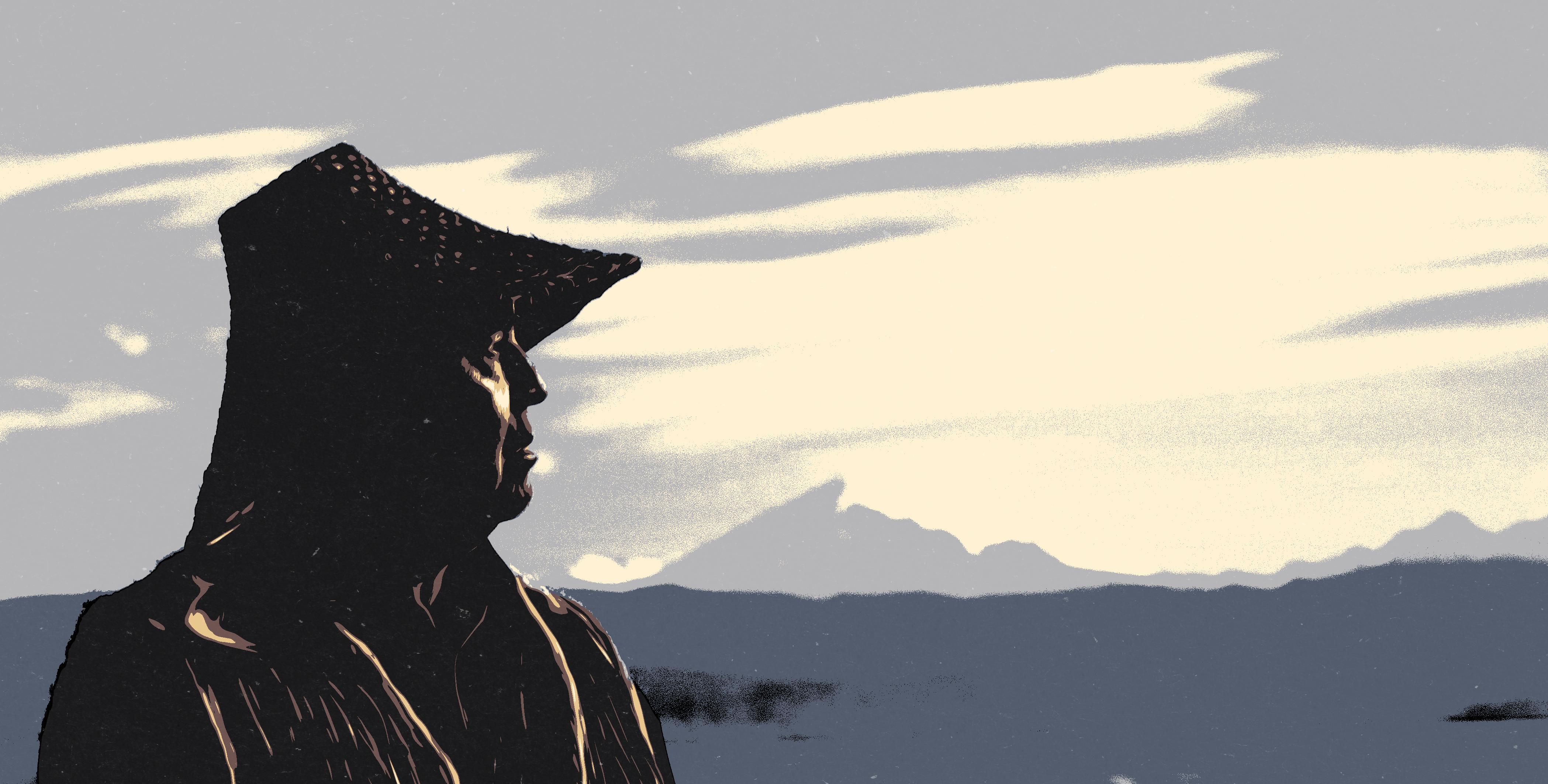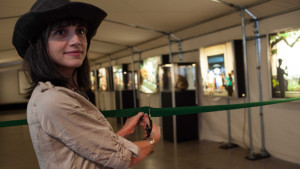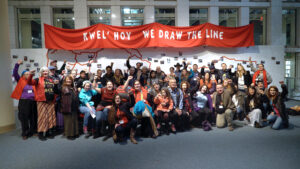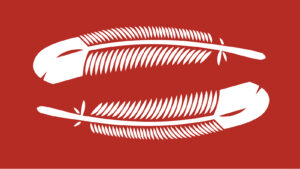Our award-winning films, exhibitions, journalism and events situate pressing contemporary concerns within broader narratives of science, culture and natural history, and provide on-ramps for people to take action and make an impact.
Whale People: Protectors of the Sea, a multi-channel film we produced with Lummi and Tsleil-Waututh leaders for an eponymous museum exhibition tells the story of today’s environmental emergency through the figure of the orca. In 2020 it won an award in 3 categories at the Best Shorts Competition (Documentary Short, Native American /Aboriginal Peoples, and Nature /Environment /Wildlife), 2 categories in the Toronto Beaches Film Festival (best environmental film, best editing), Best Ocean Conservation Short Film at the Tulum World Environment Film Festival, and Best Environmental Film at the Global Independent Film Festival. It was an official selection at the 2020 Cannes International Independent Film Festival, International Wildlife Film Festival (IWFF), American Documentary and Animation Film Festival, Toronto Short Film Festival, Woodstock Museum Film Festival, Tacoma Film Festival, and Dreamspeakers International Film Festival, and it’s now part of the IFWW Educator’s Package used by teachers for 3rd grade to university and graduate level programs.

NHM Narrative Change Director Julian Brave Noisecat’s writing uplifts Indigenous knowledge and leadership in climate and environmental justice movements, and was recently featured in outlets ranging from The New York Times to The Atlantic to Rolling Stone:
The McGirt Case Is a Historic Win for Tribes | The Atlantic
The Standing Rock Generation Is Changing The World | Rolling Stone
We Need Indigenous Wisdom to Survive The Apocalypse | The Walrus
It’s time to stop using Native team names and mascots, period. / ESPN’s The Undefeated
Socially Distanced Powwows | The California Sunday Magazine
How to Survive an Apocalypse and Keep Dreaming | The Nation
In Search of Promised Lands | Canadian Geographic
Perhaps the World Ends Here | Harper’s
Why Alcatraz Matters to Native Americans | The New York Times
Alcatraz Is Not An Island | SF MOMA’s Open Space Magazine
How the Alcatraz Occupation of 1969 Sparked the Native American Civil Rights Movement | WNYC’s The Takeaway
Julian also led an effort to organize the Alcatraz Canoe Journey on Indigenous People’s Day 2019. Canoes representing tribes, communities and families from as far North as Canada and as far West as Hawaii converged on San Francisco Bay to commemorate the 50th anniversary of the Occupation of Alcatraz, highlighting the urgent need to protect water that sustains life, and demonstrate the potential for Indigenous values to lead the way forward in the context of a planet at risk.

Hosted at Bay Area museums, Alcatraz, An Unfinished Occupation, explored the legacy of the occupation of Alcatraz and the Red Power Movement. This four-part speaker series featured conversations with Indigenous leaders about historical truths, enduring challenges, and the way forward.





